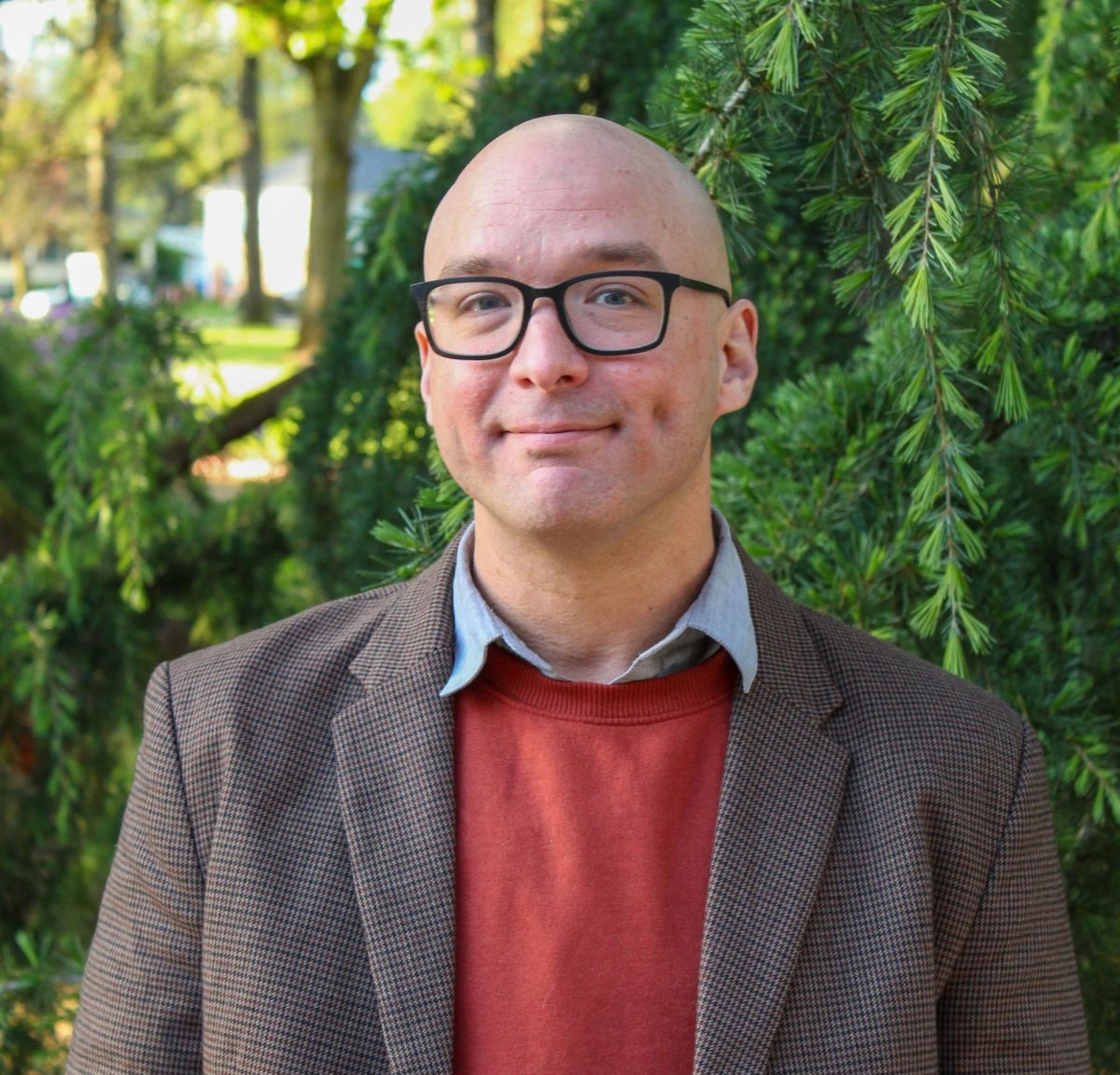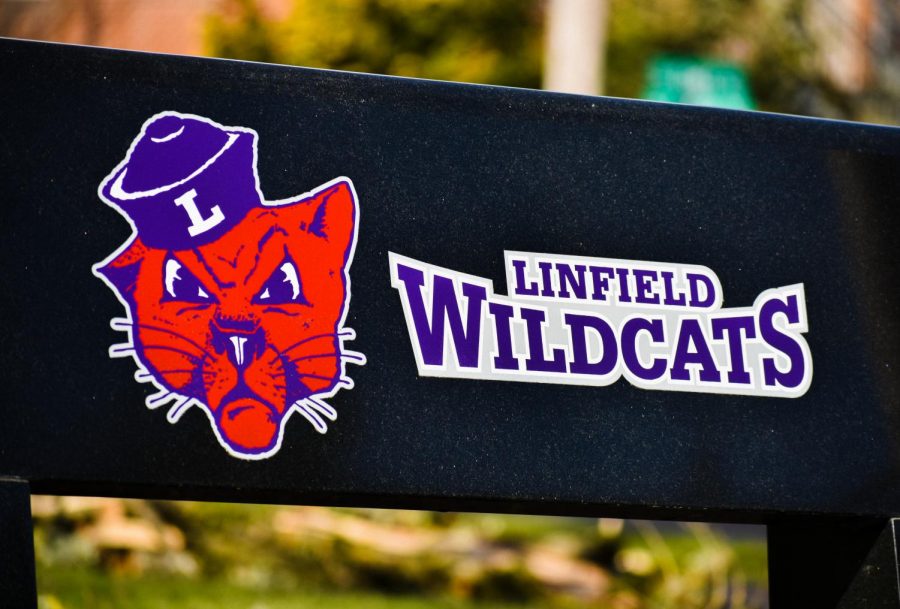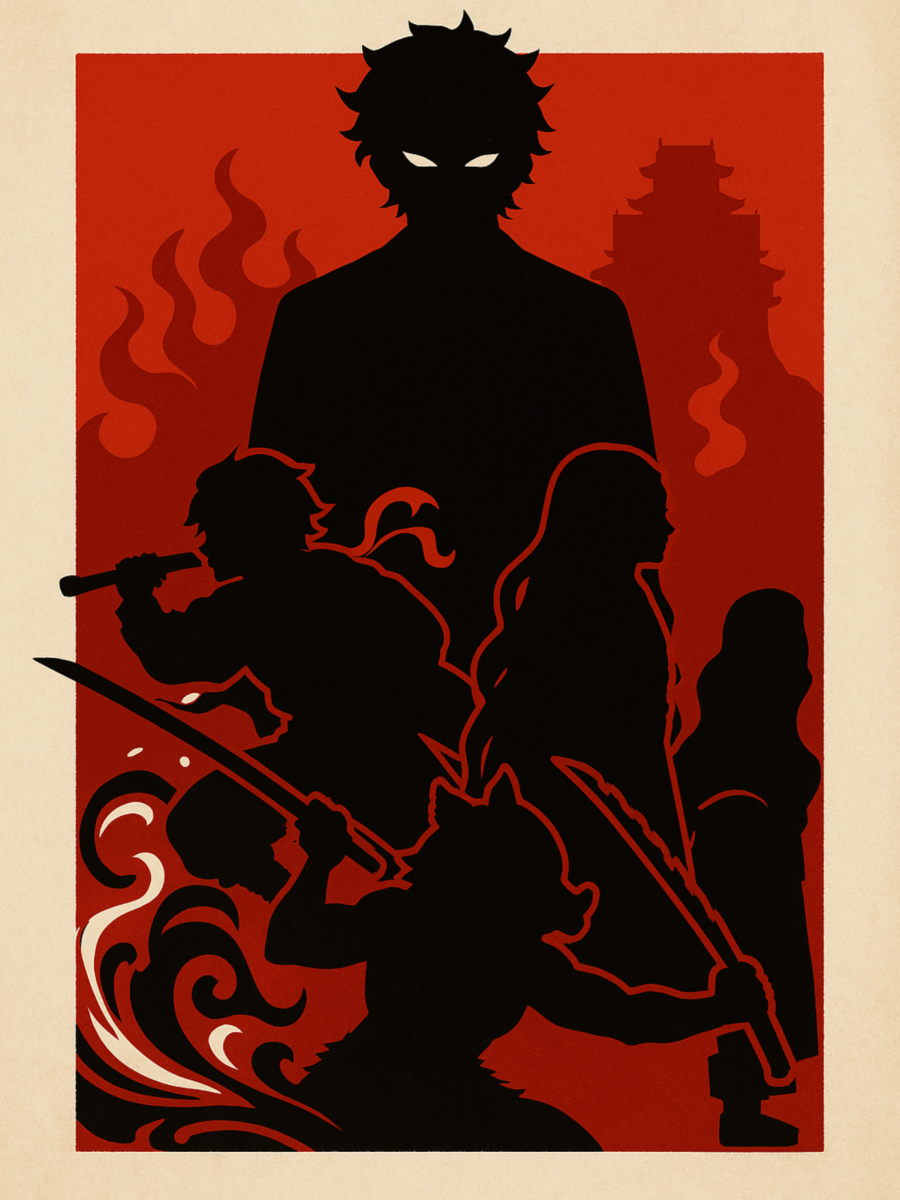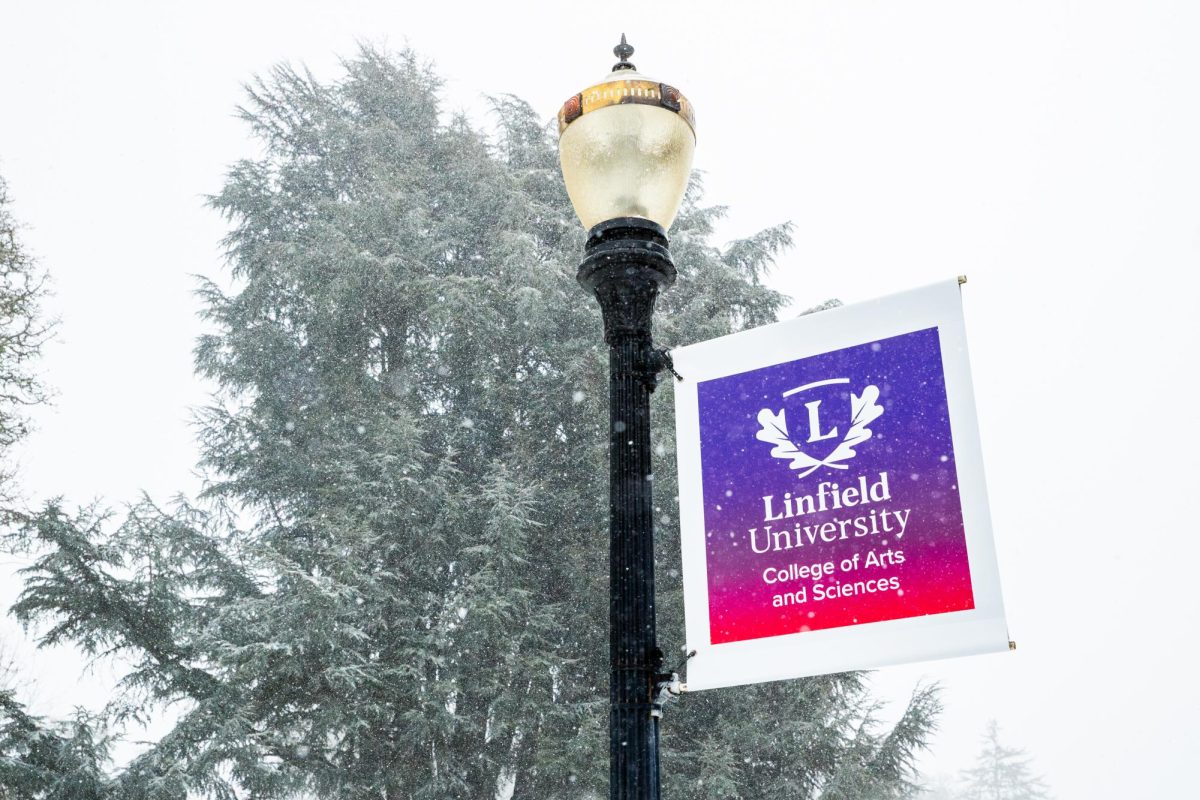If you have been on a college campus in the last decade, chances are you have heard the term Yik Yak. Originally launched in 2013, Yik Yak defines itself as “an anonymous community app for college students that lets you post, comment and message with your campus.”
However, problems such as a decline in user engagement, and an increase in cyberbullying, racism and threats, caused the app to shut down in 2017. In Feb. of 2021, the rights to Yik Yak were bought by an anonymous team and the app relaunched in August of that same year. Then, in March of 2023, Flower Avenue Inc. bought Yik Yak and merged them with their anonymous competitor app, Sidechat.
“I think the fact that it’s anonymous is what makes it so popular,” said sophomore pre-nursing major Gaby Herrera. “Everyone can freely share their opinions and thoughts, even if they are shy in-person.”
Since its relaunch, the app has made reinforcements in an attempt to keep users safe. Safety features include: word filters on offensive or threatening language, age restrictions and blocking users from posting names or phone numbers. Violation of these guidelines result in the removal of a post or a user ban from the app.
While the app has safety guidelines, users often find ways around them. For example, to recognize someone in a post without using their name, students will post others’ initials and perhaps an emoji of the sport they play. These loopholes lead to more questions about the effectiveness of safety regulations in an anonymous environment.
“People think that if there isn’t a tie to them it’s ok to just say whatever they want without there being any issues,” said freshman journalism and media studies major Lyla Rodgers when asked how anonymity may lead to negativity on campus. “Honestly, it just depends on how people use the fact that they’re anonymous.”
When the app was first launched, it expanded to middle and high schools, as long as the students had a school email account. However, this has been changed since the relaunch through geofencing, which defines boundaries in which the app may not be used, such as a high school campus. Additionally, the app is recommended for ages 17 and up in the app store so parents could restrict access on their end.
Many universities, such as Illinois College and Saint Louis University, continue to raise concerns about the app and the effect it may have on campus environments, even going so far as banning Yik Yak from the school’s wireless network.
“Its one of those facsimiles of social interaction that enable people to feel like they’re interacting without actually having to go out into the world to do it,” said political science professor Dimitri Kelly when asked about views on the app. “Anonymity gets rid of any supposed benefits of staying in touch with people.”
Although Yik Yak faces scrutiny, it seems generally admired by Linfield students who use it for an array of reasons.
“It could be the food at Dillin, funny things happening on campus, how a sports team is doing or even just pictures of the campus bunnies,” said Rodgers. “People have more in common with each other than they’d expect.”
Yik Yak’s biggest risks and biggest possibilities stem from its anonymity. By removing names, the app creates a space for honest, unfiltered dialogue that can bring students together through their shared experiences or push them apart through anonymous negativity, directly reflecting the culture of Linfield.







